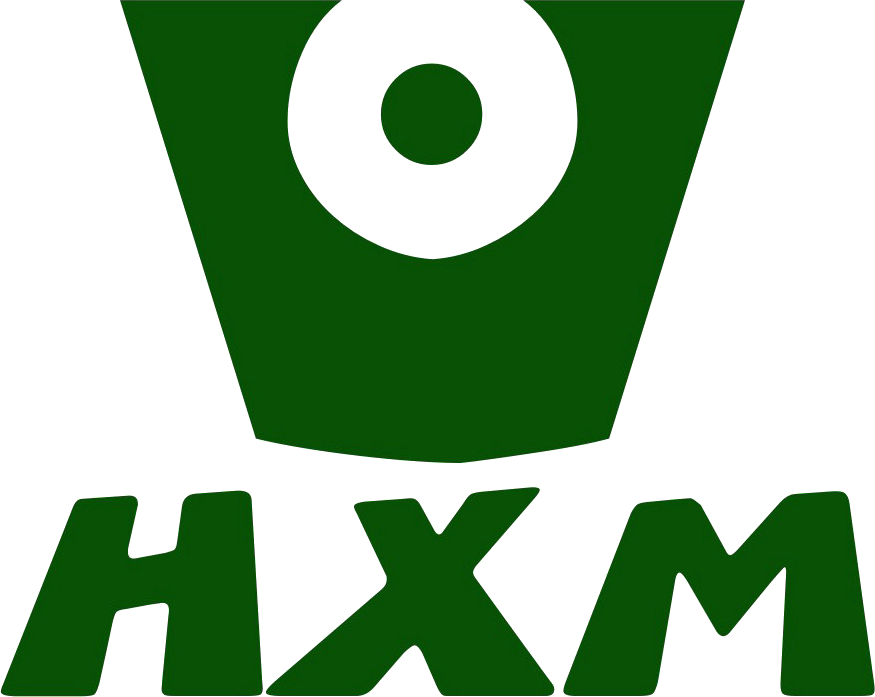Interpretation of the event that LME does not prohibit Russian metal
According to Wall Street’s news on November 11, 2022, the London Metal Exchange (LME), the world’s largest aluminum and copper commodity exchange, announced that after analyzing the feedback of the metal industry, it concluded that most market participants still planned to continue to purchase Russian metals in 2023. Therefore, LME has decided not to prohibit the delivery of Russian metals, and it is not recommended to set a threshold for Russian inventory. The announcement said:
LME has not proposed to ban the warrants of new Russian metal, nor has it imposed a threshold or limit on the amount of Russian inventory allowed by LME warehouse. It believes that LME should not take or impose any moral judgment on the market. “
At the same time, LME said in its announcement that it would continue to monitor the flow of Russian metal in the warehouse, and issue regular reports from January 2023, detailing the percentage of Russian metal in LME warehouses.
Until now, American aluminum producer Alcoa has been calling on LME to exclude Russian metals from trading and storage. Rusal hinted that if LME did so, it might sue LME.
In June this year, LME was sued by many institutions for suspending and voiding transactions in the earlier “Demon Nickel” incident, and attracted the attention of British regulators. If RUSAL is sued again this time, this 145 year old exchange may fall into a regulatory storm and credit risk.
Ewa Manhey, metal strategist of ING, said in October that if there was such a ban, the global trade flow would face the risk of interruption for several years.
Hearing that the spokesman of LME Alcoa said he was very disappointed with LME’s decision, he said:
We still believe that the unwanted Russian original metals are likely to flow into the LME warehouse system, thus threatening the reliability of the LME aluminum contract. “
According to previous market analysis, LME considered to adopt a ban, which is largely due to the concern that failure to adopt a ban would lead to the destruction of metal prices: if most consumers refuse to purchase Russian metals, a large number of Russian metals will flow into LME, which is likely to drag down the metal prices of LME and make it lose its role in global benchmark pricing.
LME acknowledged that without the ban, more Russian metals would eventually be transported to LME approved warehouses, but pointed out that there was no evidence that this would cause confusion.
Some analysts believe that LME is difficult to prove that it is reasonable to ban Russian metals before the government takes action after it has faced multiple prosecutions, but now LME has explained that it made its decision after analyzing the market feedback, so if the market is further chaotic, it can easily defend itself.
In addition, the media quoted insiders as saying that Glencore, the world’s largest commodity trader, will buy aluminum from RUSAL next year. The insiders said RUSAL has sold 76% of its primary aluminum and value-added products next year.
 :+86-13012867759
:+86-13012867759  :export86@sino-stainless-steel.com
:export86@sino-stainless-steel.com